Wolfgang Hansson
Six crises that end up in Sweden's lap
Published: Less than 3 hours ago
This is a commenting text. Analysis and positions are the writer's.
COLUMNISTS
Sweden takes over the presidency of the EU in an ungrateful situation.
Our six months at the helm will be very much about putting out fires and less about pursuing matters of our own hearts.
The war in Ukraine hangs over every single point.
Normally, countries look forward to getting the presidency. It gives a chance to be in the spotlight, to be shown on the tightrope and push issues where you think the EU is doing too little or the wrong things.
But the timing of the Swedish presidency, 2009 was the last time, could have been better.
Sweden has a new and inexperienced government that has just taken office in a very difficult situation for the country. Then it becomes an extra burden to have to put so much effort into keeping the EU together and driving the Union forward.
At the same time, it gives a number of Swedish ministers the opportunity to become better known in Brussels.
Sweden has a bit of an outsider position in the EU. You often end up on a collision course with other EU countries that want more of EU power and less of national interests.
A difficult position now that Sweden has to look after the good of the whole EU rather than our own.
Here are some of the issues that will be most important under Sweden's leadership.
1. The war in Ukraine
The overarching question that will dominate everything for the next six months. So far, the EU has shown surprising unity in confronting Russia's aggression against a peaceful neighbour. But the longer time goes by and the more the war has a negative impact on the whole of Europe, the more difficult it becomes to maintain unity.
The war in Ukraine will dominate everything for the next six months. Photo: AP
Cracks can already be seen where countries such as Hungary want to ease sanctions against Russia. Hungary was also one of the countries that tried to stop the EU from taking a joint loan of SEK 180 billion in financial aid to Ukraine. Hungary only released its resistance when the EU agreed to pay out part of the aid money it had withheld as punishment for Hungary not following the EU's democratic principles.
Prime Minister Ulf Kristersson himself has said that nothing will be more important for Sweden than preserving unity in the EU. It will be a tough task.
2. Migration policy
At the same time that Europe has received millions of refugees from Ukraine, the flow of mainly economic migrants across the Mediterranean has increased again. While European countries had no problem opening their doors to the Ukrainians, the attitude towards non-European migrants is quite different. In short, they are only welcome if they have strong reasons for asylum and not guaranteed even then.
But since they still manage to get to Europe, the Union has to deal with them somehow. Even though the EU has tried ever since the refugee crisis in 2015 to create a system where the refugee burden is distributed more fairly between the countries, it has failed completely. 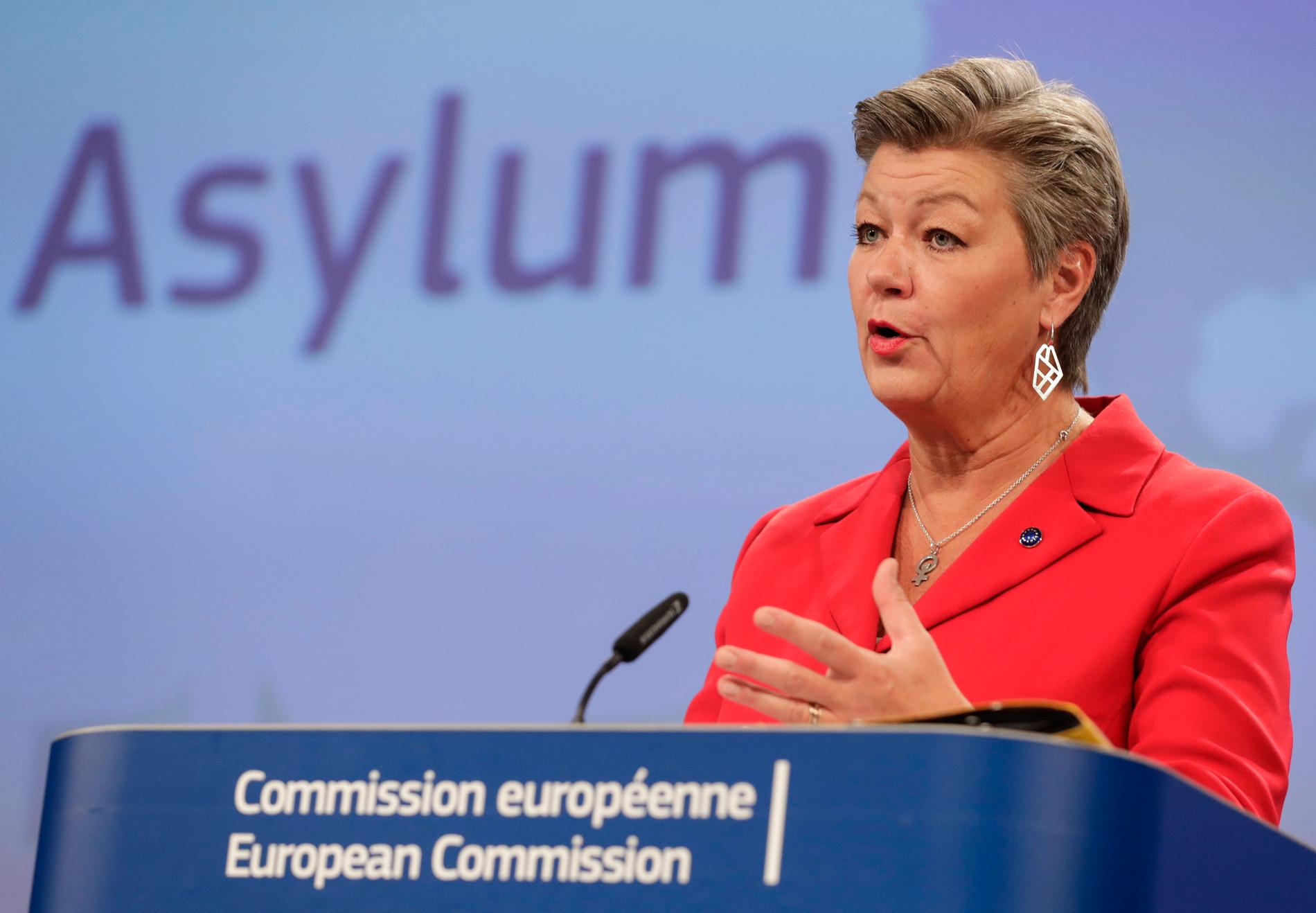
Ylva Johansson, EU Commissioner responsible for home affairs. Photo: Stephanie Lecocq/AP
Now it will be up to Sweden, one of the countries that think they have already done enough, to try to get this issue to an end. It may possibly be facilitated by the fact that the EU commissioner responsible for migration issues is Swedish, Ylva Johansson. But the stable tip is that Sweden also fails. It is not made easier by the fact that the Swedish government's policy is to reduce immigration to an absolute minimum.
3. The energy crisis
The combination of the pandemic and the war in Ukraine has created an energy crisis in Europe. Putin's response to the EU's harsh sanctions has been to use energy as a weapon. In many ways, it has proven to be a more potent weapon, at least in the shorter term. Because while Russia continues to have no problems financing its warfare thanks to countries outside Europe buying its oil and gas, the energy shortage has created chaos in Europe.
Putin's goal is to divide the continent.
In the coming months, private individuals and businesses in the Union will receive astronomical electricity and gas bills that many of them will not be able to pay. Many countries have introduced various types of electricity price support, but it is highly uncertain whether it will be enough to avoid social unrest.
The energy shortage has created chaos in Europe. Photo: Johan Nilsson/TT
In December, the EU managed to agree on a gas price ceiling under certain conditions. However, it is unclear whether this will bring any relief.
The question is whether the Swedish government, which has not even managed to put forward a proposal for electricity price support for Swedish consumers this winter, has any concrete ideas that can save Europe from a wave of bankruptcies and the subsequent greatly increased unemployment.
Even if Ukraine has the worst of it, it won't exactly be easier to maintain broad support for the country's struggle if Europe's citizens are forced to freeze this winter and suffer severe financial hardship.
4. The climate
The war in Ukraine has forced many of Europe's countries to increase their use of fossil fuels at a time when everyone agrees that we must reduce man's impact on the climate. Some see the war as an opportunity to speed up the green transition because the Russian gas can be partly replaced by expanded wind and solar power. But there is also a need for energy that is more predictable and not so dependent on the weather. Today, there is no other such functioning fossil-free power source besides nuclear power. Nuclear power in France is half at a standstill. Germany has shut down most of its, and if new nuclear power is to be built in Sweden or elsewhere, it will take at least ten years.
So how will the EU's energy needs be solved?
It is difficult to see any other urgent solution than a sharp increase in imports of liquefied natural gas, LNG, from Qatar, the United States and other countries. As well as the fact that power plants that are powered by coal and put in mothballs continue to be used.
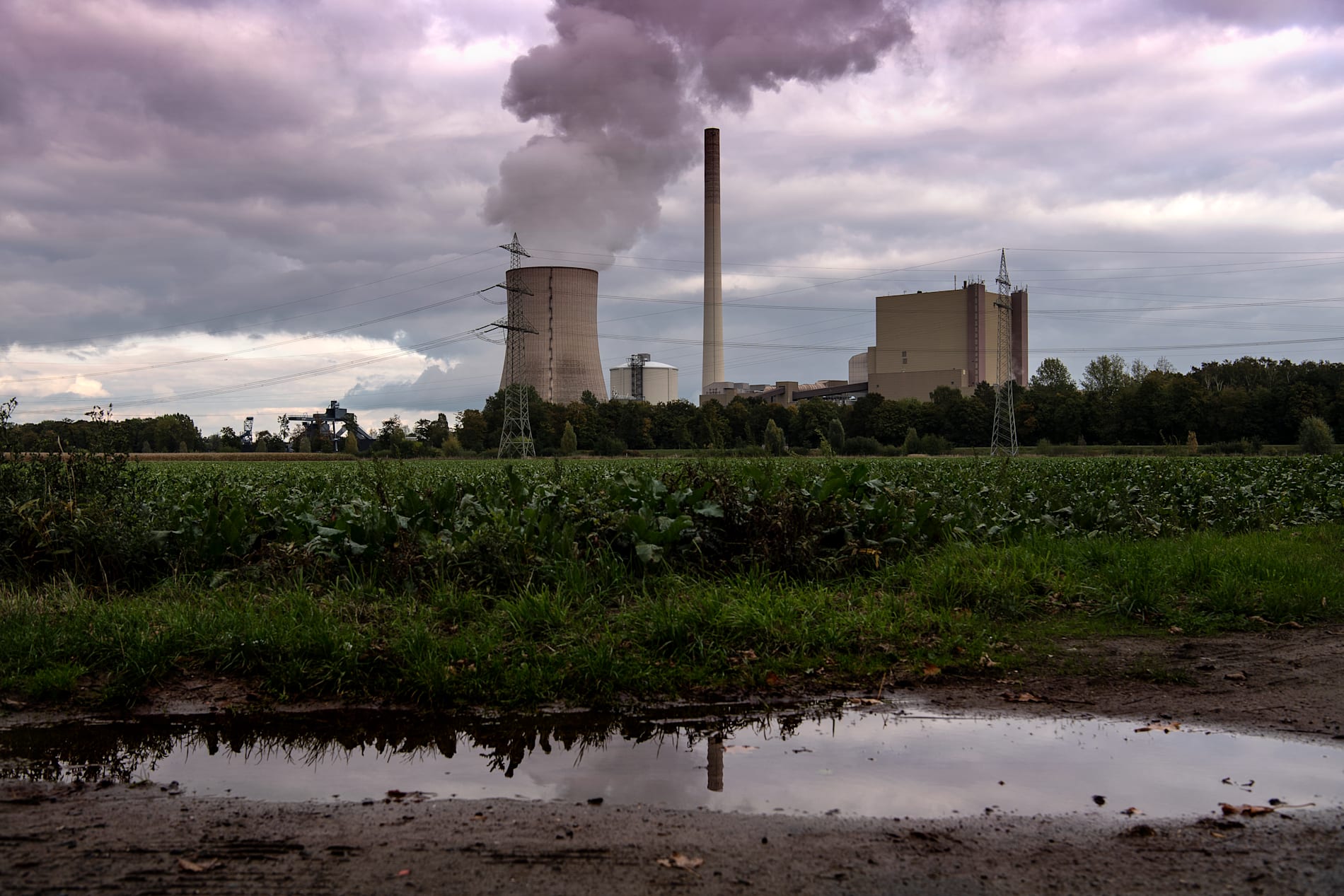
The coal-fired Hayden power plant in Petershagen, Germany would actually have been closed by now.Russia's gas war forced the country to restart production. Photo: Jerker Ivarsson
So how will the EU reach its emission targets?
It will be a difficult nut to crack for the Swedish presidency.
Sweden also risks ending up in an embarrassing situation when it comes to pursuing the climate issue at the same time as the Swedish government plans to increase Swedish emissions by reducing the reduction obligation to the EU's minimum level in order to fulfill its election promise of greatly reduced fuel prices. It risks undermining Sweden's credibility in the matter.
5. Avoid trade war with the US
Strengthening the competitiveness of Europe's companies is one of the points that the Swedish government itself raises for the presidency. Here, the green transition risks starting a trade war between the EU and the US. Joe Biden's big climate package means that companies operating in the United States receive advantages in terms of green investments.
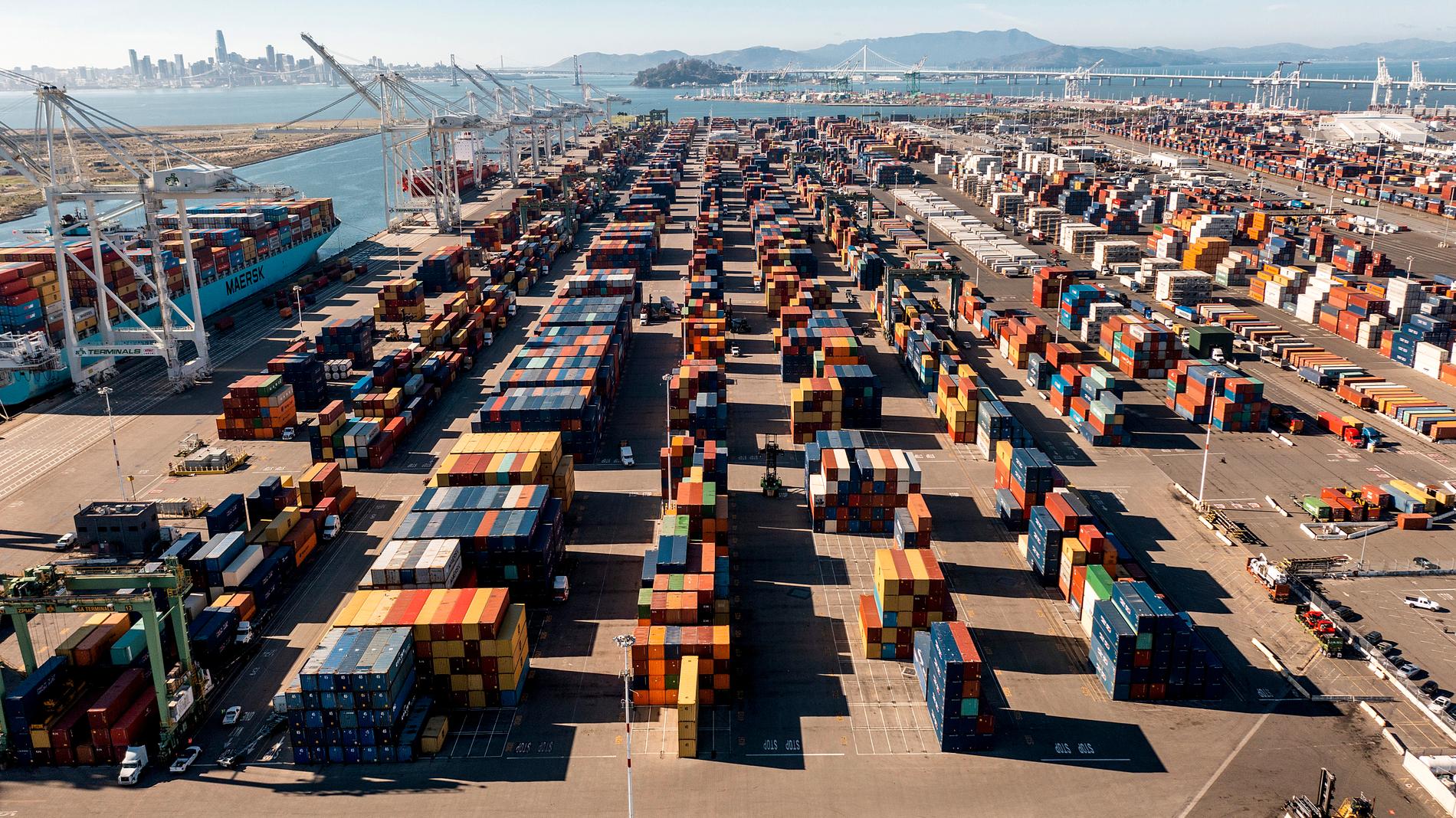
The green transition risks starting a trade war between the EU and the US. Photo: Noah Berger/AP
The EU has sounded the alarm that it risks excluding European companies from the US market or forcing them to move their operations to the US. Talks are ongoing with the US to resolve the problem, but the EU also has plans to introduce its own investment support. Protectionist measures that threaten the free trade that both the US and Europe claim to be in favor of.
The issue is particularly sensitive at a time when the EU and the US must cooperate closely to help Ukraine. It will require diplomatic fingertip sensitivity from Kristersson and his ministers.
6. The democracy question
The EU continues to be challenged by the refusal of two countries, Hungary and Poland, to uphold the democratic legal order they accepted upon becoming members. In addition, the right-wing populist government in Italy has emerged as a potential source of trouble.
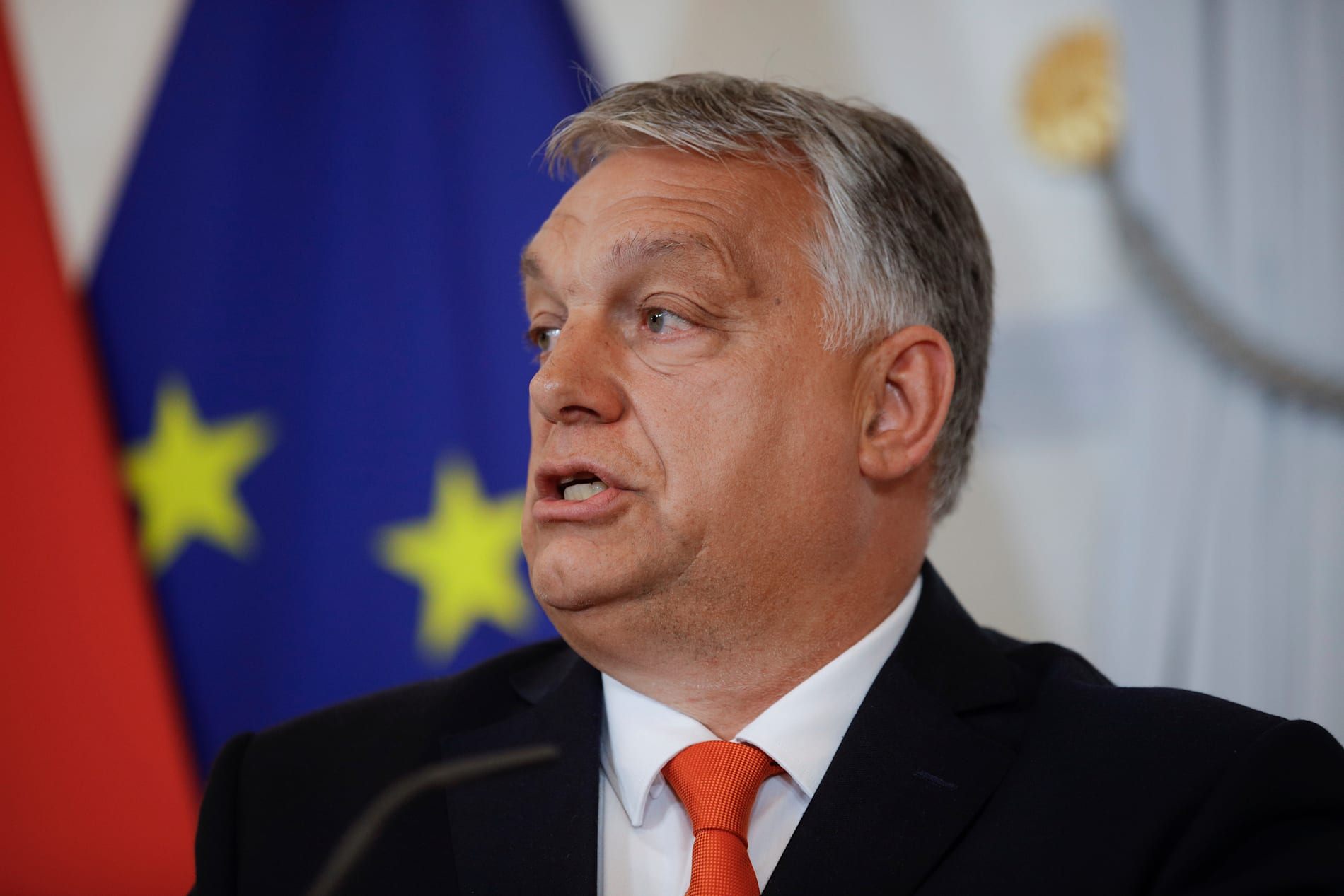
Hungarian Prime Minister Viktor Orbán. Photo: Theresa Wey/AP
Poland has temporarily been out of the freezer thanks to its strong support for the millions of Ukrainian refugees who have taken refuge in the country. Hungary is in a situation where it risks losing multi-billion sums if you don't put an end to widespread corruption and regime-controlled courts.
Here, it is important to rule firmly but still carefully so that Hungary does not sabotage the EU's united front against Russia as a way of revenge.
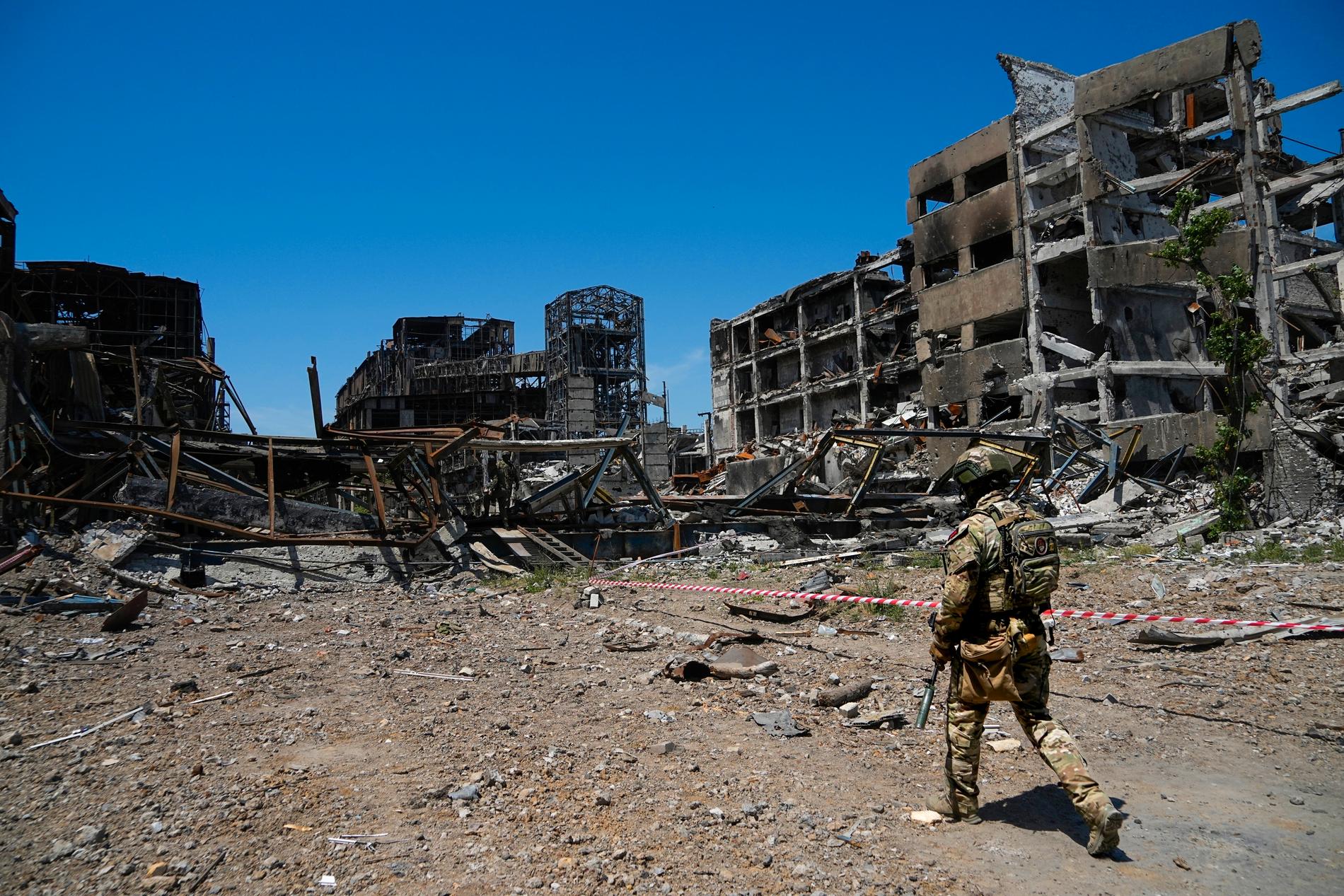

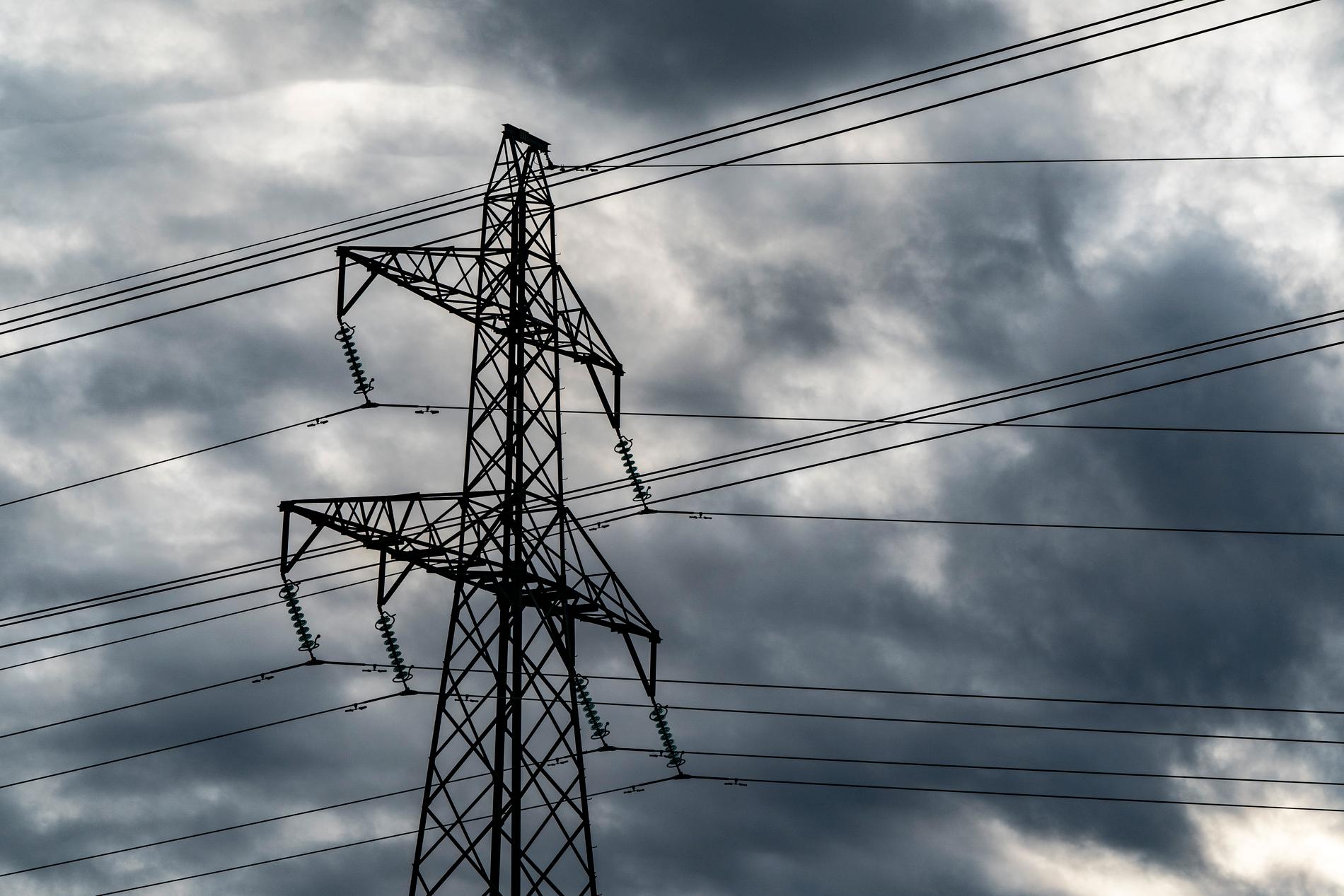

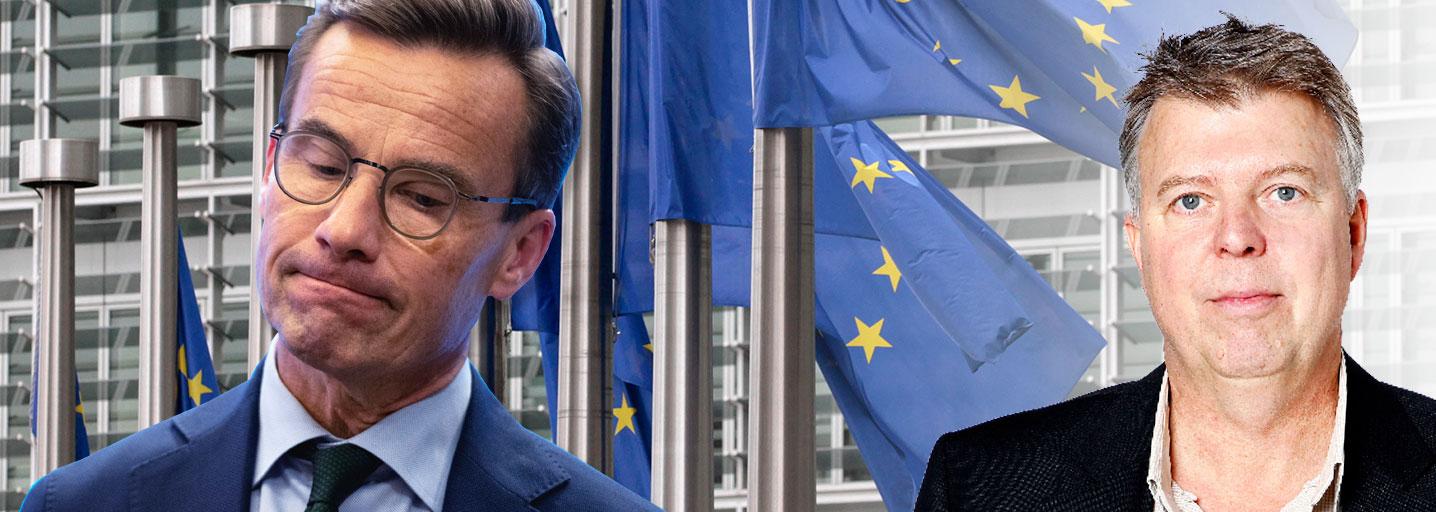


Inga kommentarer:
Skicka en kommentar